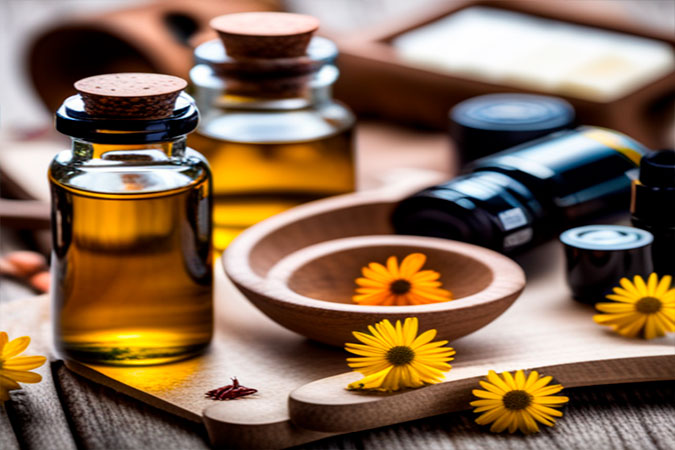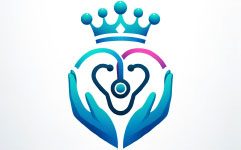Natural and Alternative Remedies: A Comprehensive Guide
This extensive article provides a comprehensive overview of natural and alternative remedies. It discusses various modalities including herbal remedies, dietary supplements, mind-body therapies, energy therapies, and homeopathy, outlining their applications and potential benefits. The article emphasizes the importance of integrating these remedies with conventional healthcare practices and the necessity of consulting healthcare providers before starting any such regimen. Despite the potential benefits of these natural and alternative approaches, the article stresses that they should complement, not replace, traditional medicine, and that responsible use is crucial.

A Comprehensive Guide
The use of natural and alternative remedies in healthcare has seen a significant increase over the years, as individuals seek diverse ways to maintain health and manage symptoms. From botanicals to mindfulness practices, these remedies provide an array of options. This article offers an extensive overview of the subject, touching on various modalities, their applications, potential benefits, and considerations.
Herbal Remedies
Herbal remedies, made from plants or plant parts, have been used for centuries for their medicinal properties. They come in various forms, including teas, capsules, tinctures, and topicals. Common herbal remedies include Echinacea for immune support, St. John’s Wort for mild to moderate depression, and ginger for nausea.
While many herbs have demonstrated therapeutic effects, their potency can vary, and some may interact with prescription medications or cause allergic reactions. Thus, it’s important to discuss their use with a healthcare provider.
Dietary Supplements
Dietary supplements are products designed to supplement the diet and provide nutrients that may not be consumed in sufficient quantities. They can include vitamins, minerals, amino acids, enzymes, and more.
While supplements can support health, they should not replace a balanced diet. Some supplements can interact with medications or have side effects, especially in high doses. It’s crucial to discuss any supplement regimen with a healthcare provider.
Mind-Body Therapies
Mind-body therapies focus on the interactions among the brain, mind, body, and behavior, and their effect on health. Examples include meditation, yoga, and acupuncture. These practices can help reduce stress, improve sleep, manage pain, and enhance overall wellbeing.
However, mind-body therapies should not replace conventional care, especially for serious conditions. They are typically most effective as part of a comprehensive health management plan.
Energy Therapies
Energy therapies are based on the concept that energy fields surround and penetrate the human body. Practitioners believe that imbalances in these energies can cause illness and that restoring balance promotes health. Examples include Reiki and Qigong.
While some people report benefit from these therapies, scientific evidence is limited. Energy therapies are generally considered safe, but they should be used as a complement, not a replacement, for conventional medicine.
Homeopathy
Homeopathy is a system of alternative medicine based on the concept of “like cures like.” It involves using minute doses of substances that, in larger amounts, would produce symptoms of the disease being treated.
While some individuals find homeopathy helpful, scientific support for its effectiveness is limited. Homeopathic remedies are generally considered safe but should not replace conventional treatment, particularly for serious or life-threatening conditions.
Conclusion
Natural and alternative remedies can offer valuable options for those seeking to maintain health and manage symptoms. They span a broad spectrum from herbal remedies and supplements to mind-body and energy therapies. However, it’s essential to note that these remedies are not meant to replace conventional medicine, especially for severe conditions. Their use should always be discussed with a healthcare provider to ensure safety and efficacy. Natural doesn’t always mean safe, and it’s critical to use these remedies responsibly.











